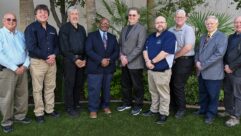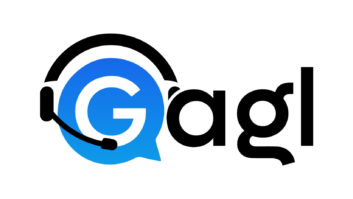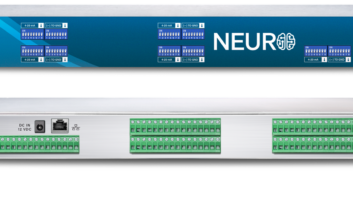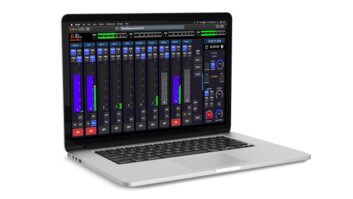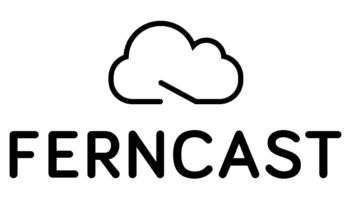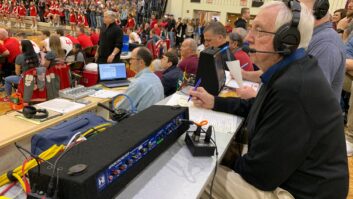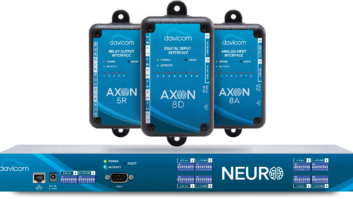Radio World Buyer’s Guide articles are intended to help readers understand why their colleagues chose particular products to solve various technical situations. This month’s articles focus on consoles and mixers.
The technical team at Audacy Northwest was facing a deadline.
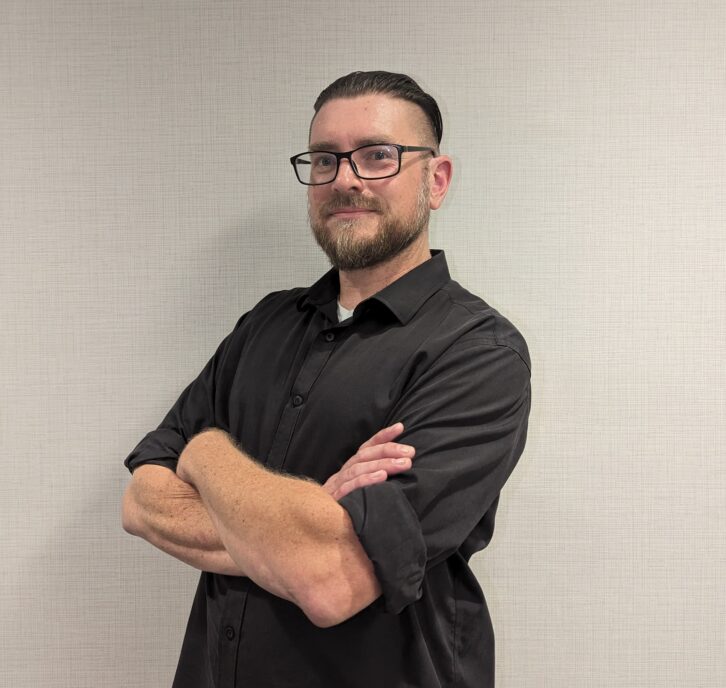
“This project started at our Portland cluster with the decision to move out of the studio we had been in for the past 25 years,” said Director of Technical Operations Jeff McGinley.
“We found a facility we wanted to move into, but the timeline dictated that we had to leave our old facility before the new one would be ready.”
It quickly became a six-week crush to figure out how they would keep their seven radio stations on the air during this period. McGinley contacted Telos Alliance to discuss solutions, and they proposed using the new Axia Altus Virtual Mixing Console.
“We worked closely with their Customer Success team to load a server with the appropriate containers and stacks and get Altus up and running,” McGinley said.
“Within the containers, we were able to run five independently configured stacks, each with its own IP address and Altus console, effectively giving us access to five mixing consoles at any given time.”
They found space in the main transmitter building, which is a central location to all the areas around Portland from which they broadcast, and set up the Altus servers, automation system, primary file server and loggers.
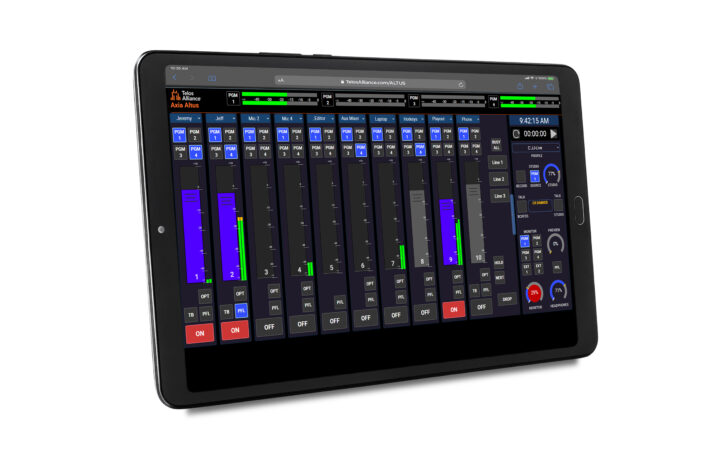
“We set it up so that everything can be accessed via VPN with two-factor authentication, making remote production a breeze. All the magic happens behind the scenes for the end user, and the experience is straightforward. For the networking team, we have found that once we had the system set up and configured correctly, there wasn’t a need for much adjusting.”
McGinley said he was somewhat anxious about switching from hardware consoles to a virtual mixer, but that the air talent has quickly picked up on using Altus.
“In fact, the staff that I had worried most about adapted the best. As a bonus, the fully remote configuration has made remote troubleshooting more accessible. If I get a silence sense notification in the middle of the night, I can access everything from the automation to the control out to the rest of the air chain, all using the same system our morning show uses to produce their content.”
Now that they have moved into the new studios, the team is keeping two Altus stacks active for remotes and troubleshooting.
“Altus is the perfect way to go out in the field without worrying about coordinating with a board-op back at the station. Now that we have experienced success with Altus here in Portland, we are experimenting with deploying this type of setup in several other markets to take advantage of all its benefits across a wider footprint.”




